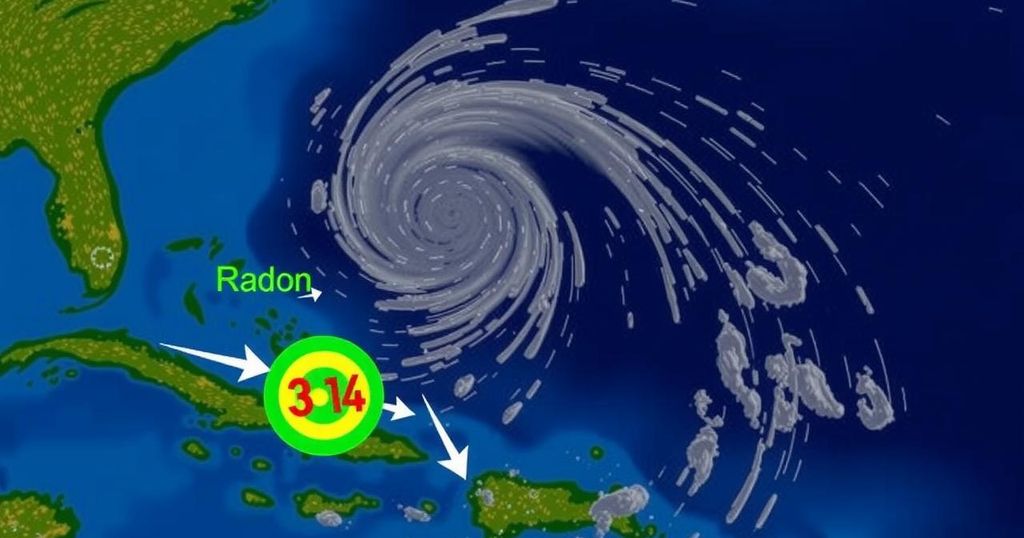Weather
World news
AFRICA, ARKANSAS DEMOCRAT GAZETTE, ASHEVILLE, ATLANTIC, BE, BERMUDA, BRIAN MCNOLDY, CARRIACOU, CUBA, DOMINICAN REPUBLIC, EUROPE/ASIA, EVACUATIONS, FLORIDA, GEORGIA, GRENADA, GULF COAST, GULF OF MEXICO, HELENE, HURRICANE, HURRICANE SEASON, JAMAICA, KATE, NATIONAL HURRICANE CENTER, NATURAL DISASTER, NATURAL DISASTERS, NORTH AMERICA, NORTH CAROLINA, ORLANDO, RAFAEL, SOUTH AFRICA, SOUTH CAROLINA, TAMPA, TENNESSEE, U. S, U. S. GULF COAST, UNITED STATES, UNIVERSITY OF MIAMI, VIRGINIA
Jamal Robinson
0 Comments
2024 Hurricane Season Concludes with Record Activity and Intensity
The 2024 Atlantic hurricane season saw 11 hurricanes, including notable storms such as Beryl, Helene, Milton, and Rafael, resulting in significant fatalities and damages due to exceptionally warm ocean conditions linked to climate change.
The 2024 Atlantic hurricane season concluded with an unprecedented total of 11 hurricanes, surpassing the average of seven. Meteorologists described this season as particularly active, largely attributable to significantly warm ocean temperatures. Eight hurricanes made landfall across various locations, including the United States, Bermuda, Cuba, the Dominican Republic, and Grenada. Hurricane Beryl, notable for forming as the first Category 4 hurricane in June, devastated Carriacou in Grenada, while Hurricane Helene emerged as the deadliest storm to hit the U.S. since Hurricane Katrina in 2005, resulting in over 200 fatalities and extensive damage primarily in North Carolina and other southeastern states. A remarkable feature of October was Hurricane Milton, which recorded wind speeds reaching 180 mph, marking it as one of the strongest hurricanes in the Gulf of Mexico. Several regions experienced significantly higher rainfall than usual during this season, further exacerbating the impacts of these storms. Hurricane Rafael followed suit in November, nearly reaching the strongest hurricane record for that month based on maximum wind speed. The ongoing impacts of climate change, characterized by rising temperatures due to greenhouse gases, have led to a notable escalation in severity and timing of hurricanes, with experts indicating a correlation between these conditions and the unusual activity seen this season.
The Atlantic hurricane season is an annual phenomenon marked by the formation of tropical storms and hurricanes in the Atlantic Ocean. Each season typically spans from June to November. Historical data indicates an average of around seven hurricanes per season. Recent trends suggest that climate change, through the warming of oceans, could be altering storm behavior, contributing to more intense and earlier hurricanes, as evidenced during the 2024 season. All of these factors present significant challenges for affected communities, requiring heightened preparedness and responsive measures.
In summary, the 2024 hurricane season was characterized by an unusual number of storms and unprecedented intensity, driven largely by warm ocean temperatures exacerbated by climate change. The impacts of these hurricanes were felt across multiple states, resulting in significant losses of life and property. Experts emphasize the increasing likelihood of such extreme weather events in future hurricane seasons due to ongoing environmental changes.
Original Source: www.arkansasonline.com




Post Comment